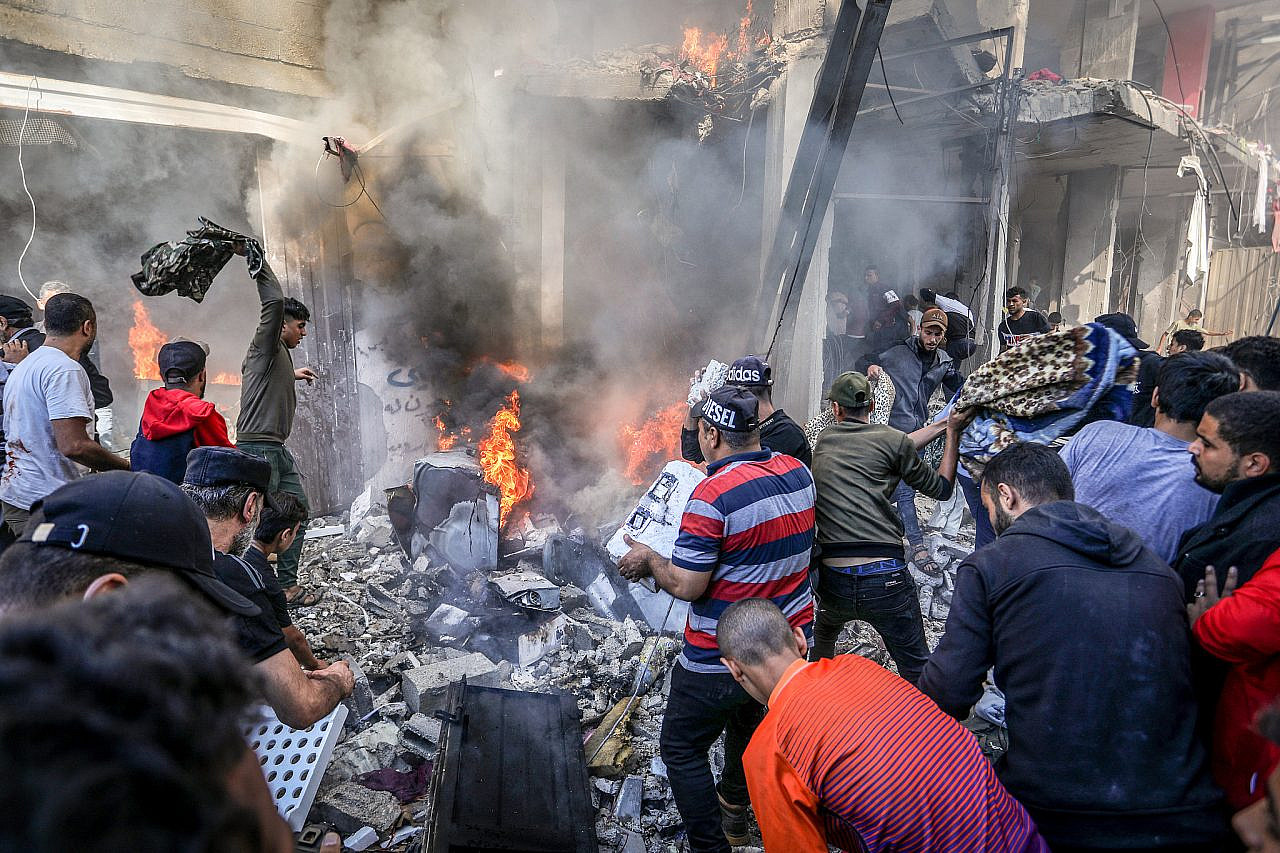 Anti-U.S. cleric Muqtada Sadr, whose feared militia was crushed by Iraqi Prime Minister Nouri Maliki two years ago, has leveraged support for his former enemy's government into renewed influence over the country's security forces, governors' offices and even its prisons.
Anti-U.S. cleric Muqtada Sadr, whose feared militia was crushed by Iraqi Prime Minister Nouri Maliki two years ago, has leveraged support for his former enemy's government into renewed influence over the country's security forces, governors' offices and even its prisons.
In recent months, Maliki's government has freed hundreds of controversial members of the Shiite Muslim cleric's Mahdi Army and handed security positions to veteran commanders of the militia, which was blamed for some of the most disturbing violence in the country's civil war and insurgency against U.S. forces.
The Mahdi Army has also in effect seized control of cellblocks at one of Iraq's largest detention facilities, Taji prison. Within months of the U.S. hand-over of the prison in March, Mahdi Army detainees were giving orders to guards who were either loyal to or intimidated by them, Iraqi and U.S. officials say.
It marks a remarkable return to prominence for Sadr, an Iranian-backed Shiite cleric who stunned his followers in September when he delivered pivotal parliamentary votes to Maliki that helped him stay in power.





 The United States will mark the 84th anniversary of the Japanese attack on the U.S. naval...
The United States will mark the 84th anniversary of the Japanese attack on the U.S. naval... In 2021, a book titled “The Human-Machine Team: How to Create Synergy Between Human and Artificial...
In 2021, a book titled “The Human-Machine Team: How to Create Synergy Between Human and Artificial...:focal(1285x1016:1286x1017)/https://tf-cmsv2-smithsonianmag-media.s3.amazonaws.com/filer_public/d1/4e/d14ed238-3b62-4506-9f53-fc2178dade60/nov2025_d17_prologue.jpg) In the fall of 1945, a bit more than six years after Nazi Germany invaded Poland...
In the fall of 1945, a bit more than six years after Nazi Germany invaded Poland... The last plane carrying U.S. forces left Afghanistan on Monday, meeting an Aug. 31 deadline to withdraw...
The last plane carrying U.S. forces left Afghanistan on Monday, meeting an Aug. 31 deadline to withdraw...






























